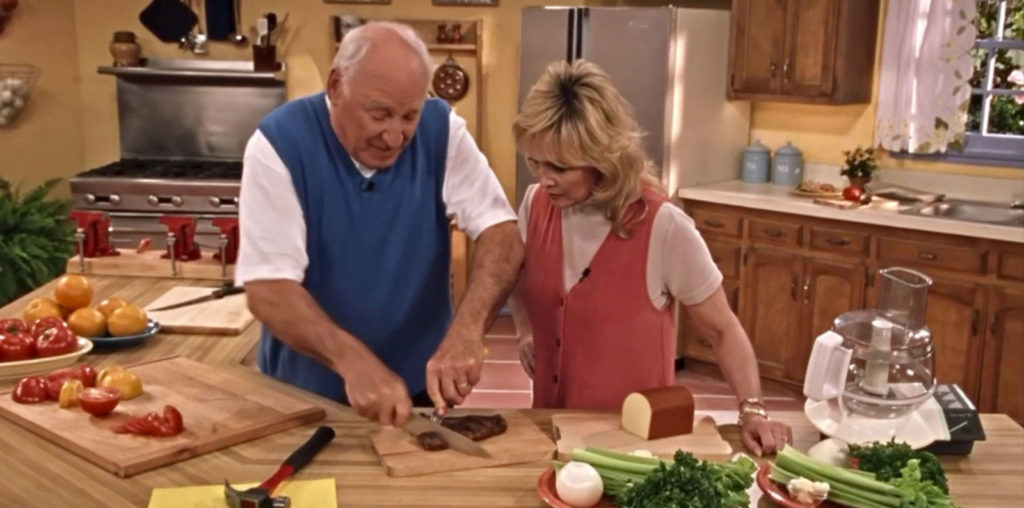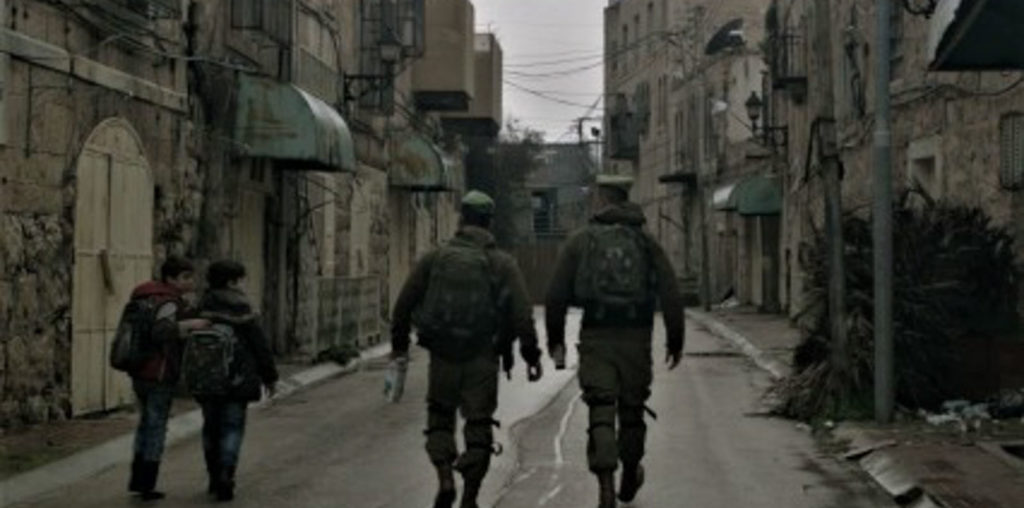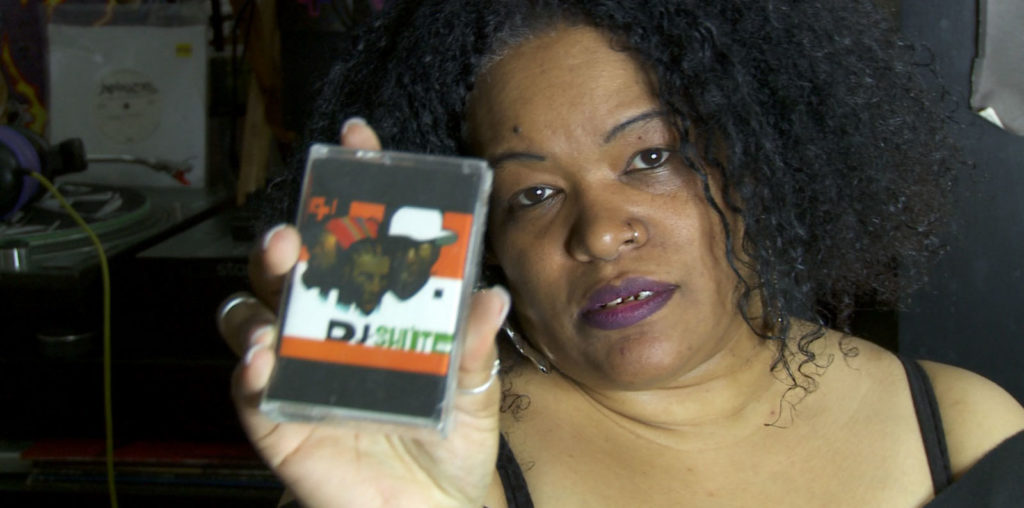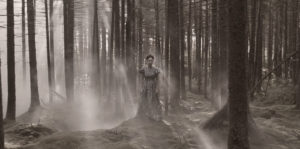
Words have a way of redefining themselves like a generational game of telephone. Filmmakers Clara Lehmann and Jonathan Lacocque ponder a very American word in their documentary, O Pioneer.
Structured around a series of poems by Kaïa Kater, during the formation of America and her drive west, the word Pioneer evolved from the “every man” building a new nation to one who tamed the land, seized the waters, and subjugated the indigenous people. What Lehmann and Lacocque do in O Pioneer is reclaim and redefine the word Pioneer by following the lives of three West Virginians who exemplify the word today.
Nellie is a seamstress. She produces her own line of one-of-a-kind clothing. Each piece she produced is hand-sewn and dyed. She believes that clothing tells a story, especially the clothes that have been passed down to her from generation to generation.
Tim is a craftsman who works primarily with metal. He believes in finding the soul in every inanimate object. The project he is working on in O Pioneer is a set of wings made of metal.
James is a hospital chaplain. As a child, he preached the Word, even if it had his grandmother as his only audience. After coming out, he found a new life with his husband (also named James) and brought comfort to the sick and dying.
The COVID lockdowns acted as a catalyst for each of our subjects to become modern-day pioneers. During the pandemic, Nellie ceased production of her clothing line to make masks for frontline workers. Additionally, her childhood home was destroyed in a freak fire. Tim’s wife, Sasha, a nurse, had to quarantine herself from Tim and their children as she directly dealt with COVID-19 patients. James, also on the frontline, provided comfort to patients whose families couldn’t visit due to COVID restrictions, all while dealing with his own cancer diagnosis.
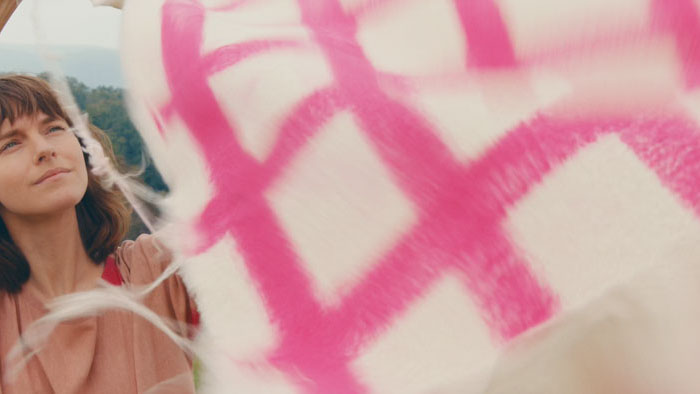
“…reclaim and redefine the word Pioneer by following the lives of three West Virginians who exemplify the word…”
First, Pioneer and West Virginia go hand-in-hand. Having lived in the concrete urban jungle of Los Angeles all my life, West Virginia, through the lens of O Pioneer, is an absolutely gorgeous landscape to tell this story. The setting feels like a crossroads of sorts. When pondering the idea of the modern pioneer, one feels the need to take a step back from our complicated lives, soak in the past, and consider blazing a new trail down a different path.
As our titular pioneers, Nellie, Tim, and James, reflect on their pasts as a guide to the new direction in their lives. In a way, COVID was a reset for all of them. It was a pause for them (and us), allowing each person to chart a new path, adapt to change, and explore new territory.
Let’s face it. Watching a documentary about ordinary people like us may not yield the most thrilling footage. However, if you are a fan of crafting, observing Nellie and Tim at work is an added bonus. Lehmann and Lacocque skillfully intertwine their narratives with their stunning surroundings and beautiful animation to breathe life into the everyday.
O Pioneer is a must-watch movie because it focuses on ordinary people. The film shows that change is achievable for anyone. The trio are just like us; their challenges relate to our everyday lives. While most of us may not become the next Elon Musk or Jeff Bezos, we are the ones who work for them. This doesn’t mean we can’t find new meaning and excitement in the next chapter of our lives.
Through the narration of Kaïa Kater, what makes Nellie, Tim, and James pioneers is that they are ordinary people, whereas today, the title of pioneer is given to extraordinary people. Kater boldly takes the word back on behalf of you and me. By the film’s end, we understand that we are all pioneers in life. All we have to do first is accept the title.
Check out O Pioneer, which is currently on the festival circuit. For more information, visit the O Pioneer official website.
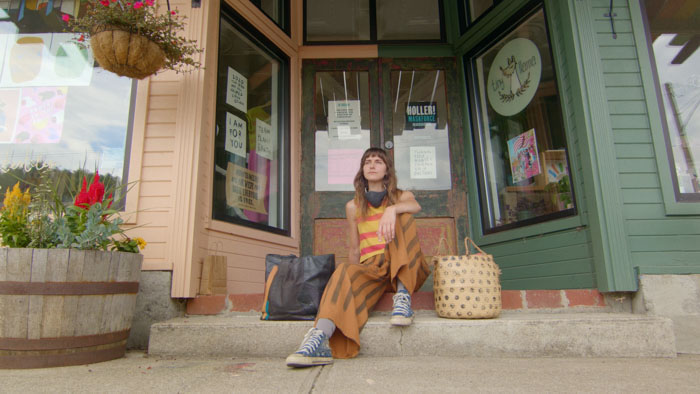
"…boldly takes the word [Pioneer] back on behalf of you and me."
